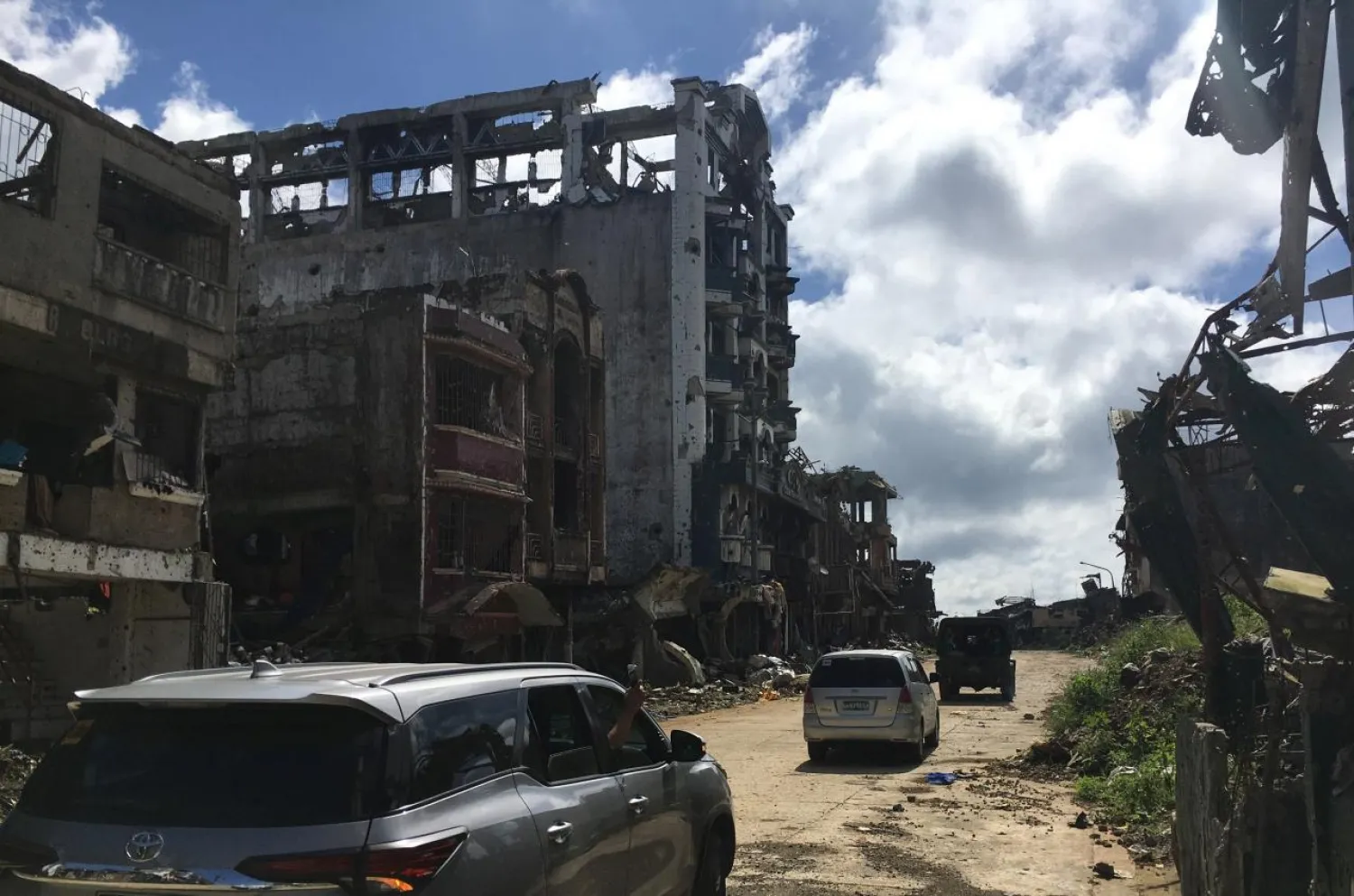Insurgents looted cash, gold and jewelery worth tens of millions of dollars when they occupied a southern Philippines town last year, treasure one of their leaders has used to recruit around 250 fighters for fresh attacks, Reuters reported.
The military said Humam Abdul Najib escaped from Marawi City, which the militants had hoped to establish as a stronghold for ISIS in Southeast Asia, before it was recaptured by the military in October after five months of ferocious battles and aerial bombardment.
Since then, Najib, also known as Abu Dar, has used the booty looted from bank vaults, shops and homes in Marawi to win over boys and young men in the impoverished southern province of Lanao del Sur, military officers in the area said. Hardened mercenaries are also joining, lured by the promise of money.
As a result, ISIS followers remain a potent threat in Southeast Asia even though hundreds of militants were killed in the battle for Marawi, the officers said.
"Definitely they haven't abandoned their intent to create a ‘caliphate’ in Southeast Asia," Colonel Romeo Brawner, the deputy commander of Joint Task Force Marawi, told Reuters.
"That's the overall objective, but in the meantime while they are still trying to recover and build up again – fighters and weapons - our estimate is they are going to launch terrorist attacks."
On Saturday, militants wounded eight soldiers in two attacks in Lanao del Sur, Brawner said, the first such violence since the recapture of Marawi.
In the early days of the occupation of Marawi last May, as black-clad fighters burned churches, released prisoners and cut the power supply, other militants targeted banks and the homes of wealthy citizens, commandeering hostages to help with the plunder.
"It was in the first week. They divided us into three groups with seven people each," said J.R. Montesa, a Christian construction worker who was captured by the militants.
Using explosives, the militants blew open the vaults of the city's three main banks, Landbank, the Philippine National Bank and the Al Amanah Islamic Bank, Montesa told Reuters in a town near Marawi. They trucked away the booty, easily slipping out of Marawi because a security cordon was not fully in place.
They also raided jewelry stores, pawnshops and businesses.
Landbank and Al Amanah did not respond to requests for comment.
Philippine National said recovering losses because of the Marawi fighting was a concern, but did not give details.
At the time the militants struck, banks, businesses and homes had more money than usual, said Marawi City police chief Ebra Mor. The Maranaos, the ethnic group that dominates the area around Marawi, are mostly Muslims.
"There was a lot of money inside the battle area," he told Reuters. "Maranaos keep millions of pesos in safety vaults in their homes. Gold, also. It is a tradition of the Maranao to give gifts of money."
Montesa said vans they loaded with the spoils of the raids were "overflowing", with money, gold and other valuables stuffed into every crevice of the vehicles.
"They were saying it was a gift from Allah.
The military and police have also been accused by rights groups and by Marawi residents of looting during the conflict.









